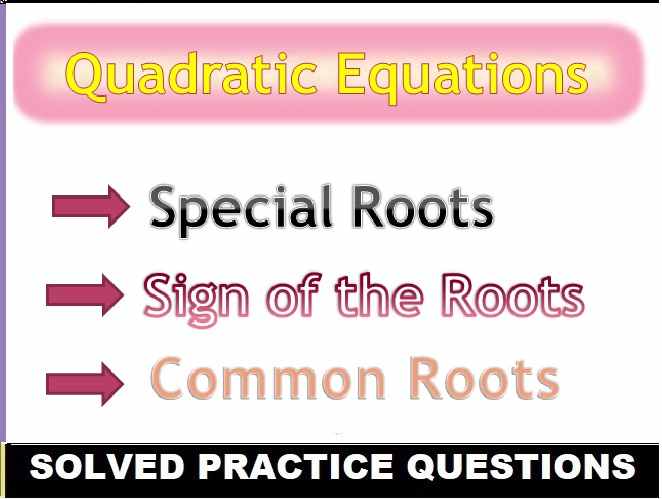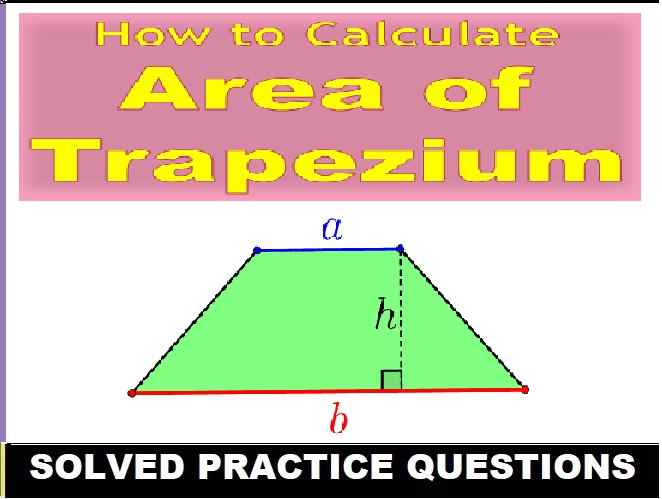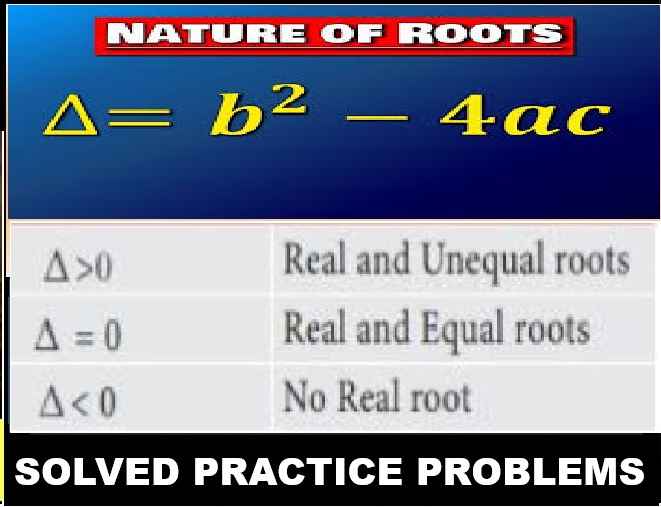Home Science Semester-2 ICSE Specimen Paper Solved Class-10 for practice. Step by step solutions of ICSE Class-10 specimen model sample paper. During solutions of semester-2 Home Science specimen paper we explain with figure , graph, table whenever necessary so that student can achieve their goal in next upcoming exam of council . Visit official website CISCE for detail information about ICSE Board Class-10.
Home Science Semester-2 ICSE Specimen Paper Solved Class-10
| Board | ICSE |
| Class | 10th (x) |
| Subject | Home Science |
| Topic | Semester-2 ICSE Specimen Paper Solved |
| Syllabus | on bifurcated syllabus (after reduction) |
| session | 2021-22 |
| Question Type | Descriptive Type (as prescribe by council) |
| Total question No. | 7 with all parts (Sec-A & B) |
| Max. mark | 50 |
Solved Class-10 for practice Set of Home Science Semester-2 ICSE Specimen Paper
Warning :- before viewing solution view Question Paper
SECTION A
(Attempt all questions.)
Question 1:
Choose the correct answers to the questions from the given options. (Do not copy the question, Write the correct answer only.)
(i) Shelf life means:
(a) No spoilage of food
(b) deterioration of food after a short period of time
(c) preservation of food
(d) adulteration of food
Answer: update soon
(ii) __________ fibres are also called wash and wear fabrics.
(a) cotton
(b) silk.
(c) synthetic
(d) wool
Answer: (c) synthetic
(iii) In West Bengal the glove puppet is called:
(a) Kathputli
(b) Benerputul
(c) Sutoputul
(d) Pavakoothu
Answer: (b) Benerputul
(iv) Pradhan Mantri Jan Dhan Yojana is a:
(a) health insurance scheme
(b) productive income generating scheme
(c) financial scheme accessing to bank accounts and pensions
(d) a scheme to safeguard the health of women and children
Answer: (c) financial scheme accessing to bank accounts and pensions
(v) The method applied in washing of woollen clothes is:
(a) washing by friction
(b) kneading and squeezing method
(c) washing by suction washer
(d) wet cleaning
Answer: update soon
(vi) Name the stiffening agent used for cotton clothes:
(a) Gum Arabic
(b) Anilline Blue
(c) Rice Starch
(d) Detergents
Answer: (c) Rice Starch
(vii) The life span of a perishable food is for:
(a) One month
(b) One Year
(c) One to two days
(d) One and a half month
Answer: (c) One to two days
(viii) _________ is an example of nonperishable food.
(a) flesh food
(b) milk products
(c) spices
(d) fruits
Answer: update soon
(ix) Ironing temperature of linen fabric is:
(a) 100º F
(b) 275º F
(c) 450º F
(d) 400º F
Answer: (c) 450º F
(x) What is the full form of HDI?
(a) Human Diabetic Index
(b) Human Default Index
(c) Human Development Index
(d) Human Download Index
Answer: (c) Human Development Index
SECTION B
(Answer any four questions from this Section.)
Question 2:
(i) List any two advantages of soaking clothes prior to washing.
(ii) Enlist any two advantages of applying stiffening agents.
(iii) Discuss any three considerations while laundering of a silk shirt.
(iv) List any three properties of a good laundry soap.
Answer:
(i) update soon
(ii) update soon
(iii) update soon
(iv) Properties of a good laundiy soap:
• Colour of the soap should be clear and pale. Dark coloured soaps contain impurities.
• Soap should be hard to touch. Soft soaps contain excess water.
• On storage, appearance of white crystals indicate excess alkali which is harmful to clothes and to hands.
Question 3:
(i) Give any two reasons why steeping of woollen clothes should be avoided.
(ii) Name the fabric and reasons for boiling clothes.
(iii) State any three factors to be kept in mind while starching a fabric.
(iv) List three advantages of blueing clothes.
Answer:
(i) update soon
(ii) update soon
(iii) update soon
(iv) (a) Blue being a complementary colour to yellow, diminishes the yellowish tinge of fabrics and makes them appear whiter.
(b) It is used as the last rinse to white cellulosic fabric to restore their bright whiteness after bluing.
Question 4: (Home Science Semester-2 ICSE)
(i) Define food hygiene.
(ii) Suggest any two precautionary measures to be followed by food handlers.
(iii) List three ways of storing eggs to maintain its freshness.
(iv) Enumerate any three ways by which oil acts as a natural preservative in picking.
Answer:
(i) Food hygiene is defined as ‘the measures and conditions necessary to control hazards and to ensure fitness for human consumption of a foodstuff taking into account its intended use’.
(ii) Minimise hand contact with food : try to minimise direct hand contact with raw food by using appropriate utensils and safe use of disposable gloves. Personal cleanliness , cover hair; do not sneeze or cough over food; cover cuts and sores; and do not wear jewellery.
(iii)
- Leave the eggs in their original carton: The packaging that your eggs come in when you first buy them is also the best place for them to remain while in storage.
- Keep the eggs large-end up: Eggs are situated in the carton with the bulbous end on top for a reason.
- Store the eggs on a central shelf in the refrigerator: Many people think stashing their eggs on the inside of the door is more convenient.
(iv) update soon
Question 5:
(i) Name two important chemical preservatives permitted and popularly used in the preservation industry.
(ii) Define perishability of food.
(iii) State any three points to be kept in mind while storing processed cereal products.
(iv) Discuss any three precautionary measures to be followed while refrigerating food.
Answer:
(i) Potassium metabisulphite and sodium benzoate are used as preservatives for ketchup and squashes.
(ii) Perishable foods are those likely to spoil, decay or become unsafe to consume if not kept refrigerated at 40 °F or below, or frozen at 0 °F or below. Examples of foods that must be kept refrigerated for safety include meat, poultry, fish, dairy products, and all cooked leftovers.
(iii) update soon
(iv) update soon
Question 6:
(i) State the meaning of gender discrimination.
(ii) State any two objectives of Beti Bacho Beti Padho.
(iii) Discuss the three features of PMUY.
(iv) List three points to be remembered for writing a brochure.
(i) Discrimination takes place due to the prejudiced treatment of men and women based on gender alone. Sexism occurs when men and women are framed within two dimensions of social cognition. Discrimination also plays out with networking and in preferential treatment within the economic market.
(ii) The Beti Bachao Beti Padhao Yojana aims to achieve the following goals: Improve the child sex ratio. Ensure gender equality and women empowerment. Prevent gender-biased, sex selective elimination.
(iii)
- To boost women empowerment.
- To provide healthy cooking fuel.
- To prevent health hazards due to the usage of fossil fuel.
(iv)
Determine your purpose : As with all planning, the very first step is to identify your brochure’s objectives. This will determine how the entirety of your brochure marketing will go, and by extension, the design of your brochures.
Know your brochure folds : One of the distinguishing features of a brochure is its numerous folds. In fact, these folds control how your product and service information is presented to your recipient.
Review your copy : A lot of people think that only the content of a brochure is important when it comes to the creation process. While I agree that the content is important, how it is presented to your reader is more crucial, in my opinion.
Answer:
Question 7: (Home Science Semester-2 ICSE)
(i) What is the aim of street play?
(ii) Name the two components of AYUSHMAN BHARAT SCHEME.
(iii) Discuss any three causes of child labour.
(iv) Write a short note on women empowerment.
Answer:
(i) The main objective of street theatre is to create awareness among the general public about the problems that are plaguing the society and initiate a dialogue for change.
(ii) The Ayushman Bharat Program has two components is Health and Wellness Centers, and National Health Protection Scheme – aiming for increased accessibility, availability and affordability of primary-, secondary- and tertiary-care health services in India.
(iii) Child labour and exploitation are the result of many factors, including
- Poverty, social norms condoning them,
- Lack of decent work opportunities for adults
- Adolescents, migration and emergencies.
(iv) Women’s empowerment can be defined to promoting women’s sense of self-worth, their ability to determine their own choices, and their right to influence social change for themselves and others. In Western countries, female empowerment is often associated with specific phases of the women’s rights movement in history.
Return to:- ICSE Class-10 Specimen Paper Semester-2 of 2021-22
thanks
Please share with your ICSE friends


